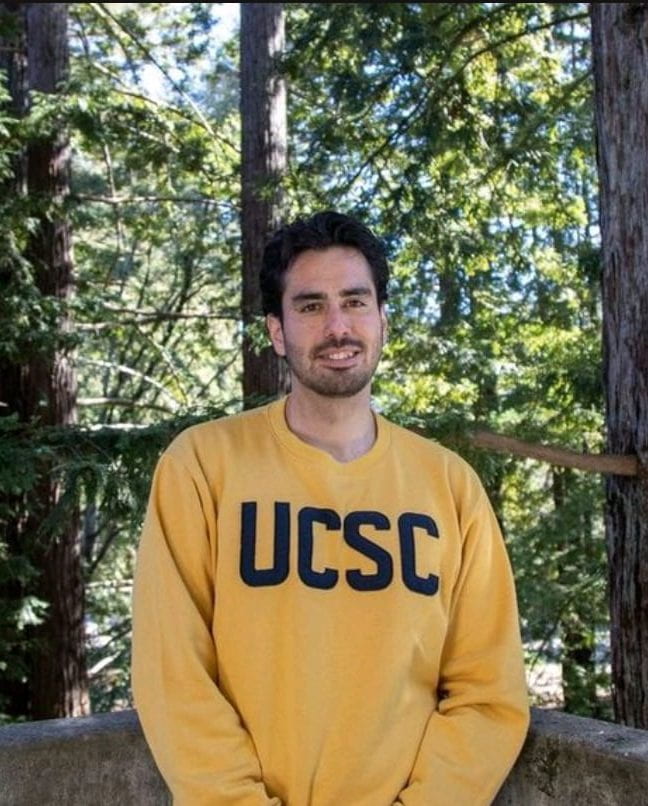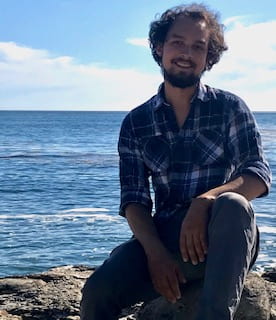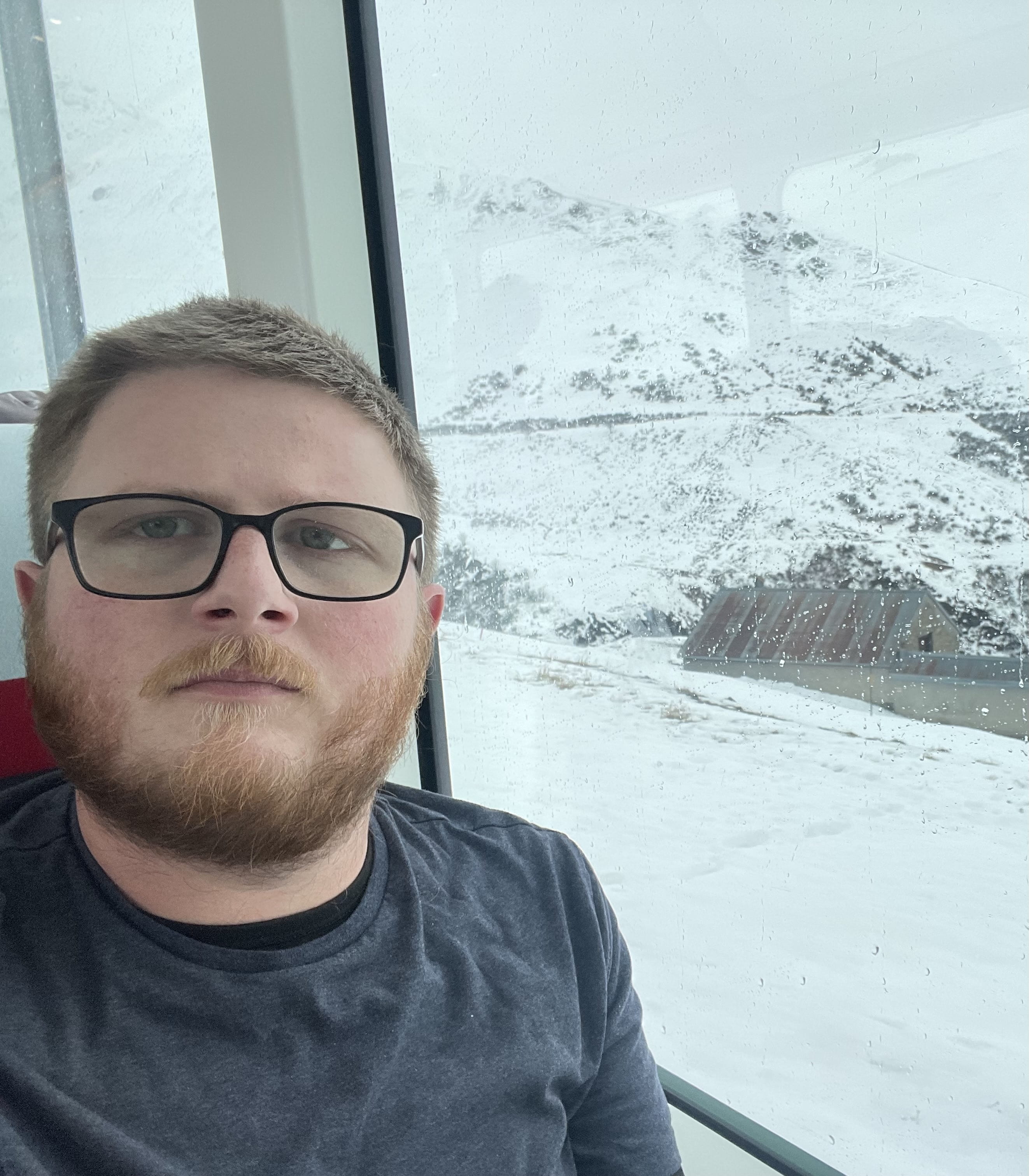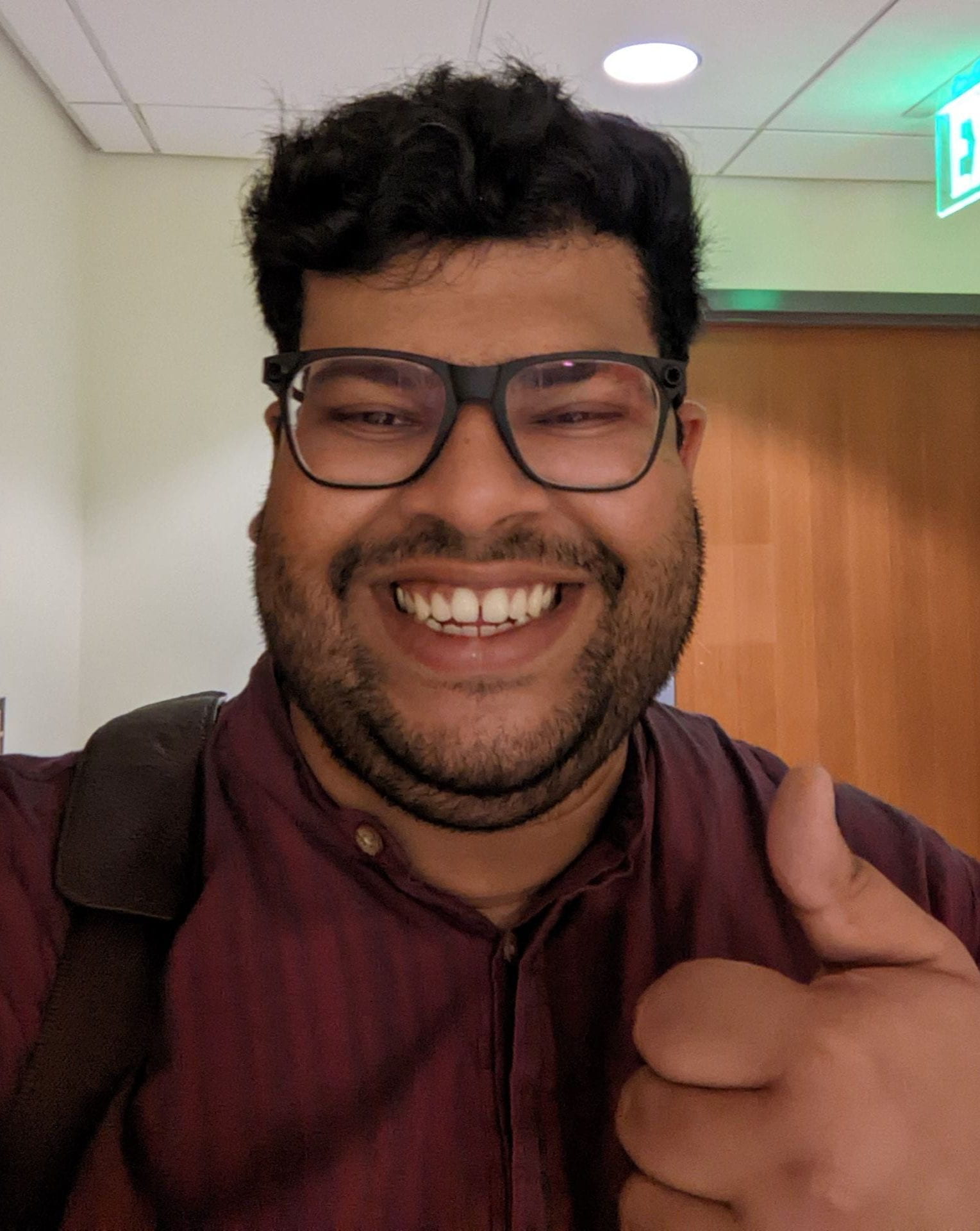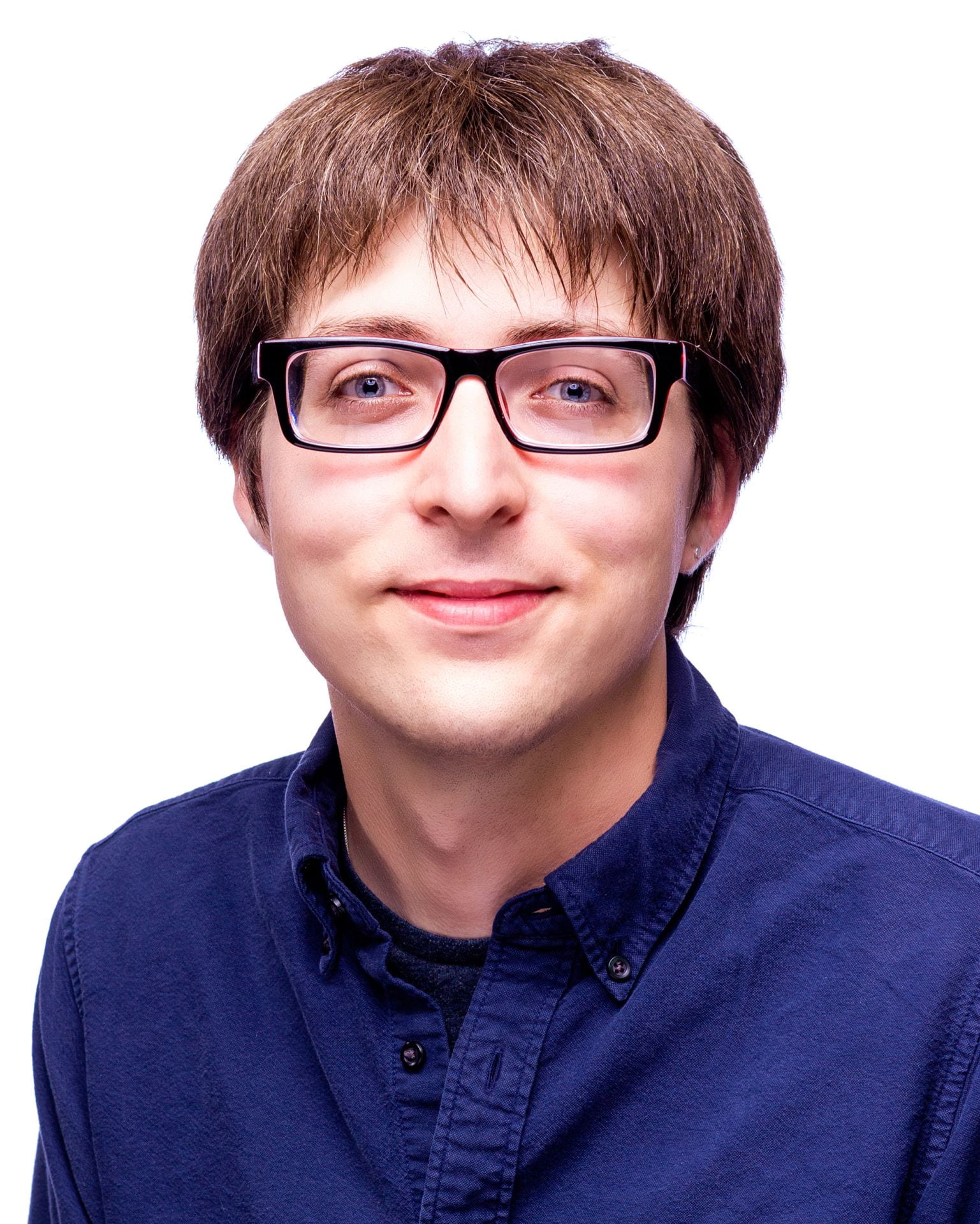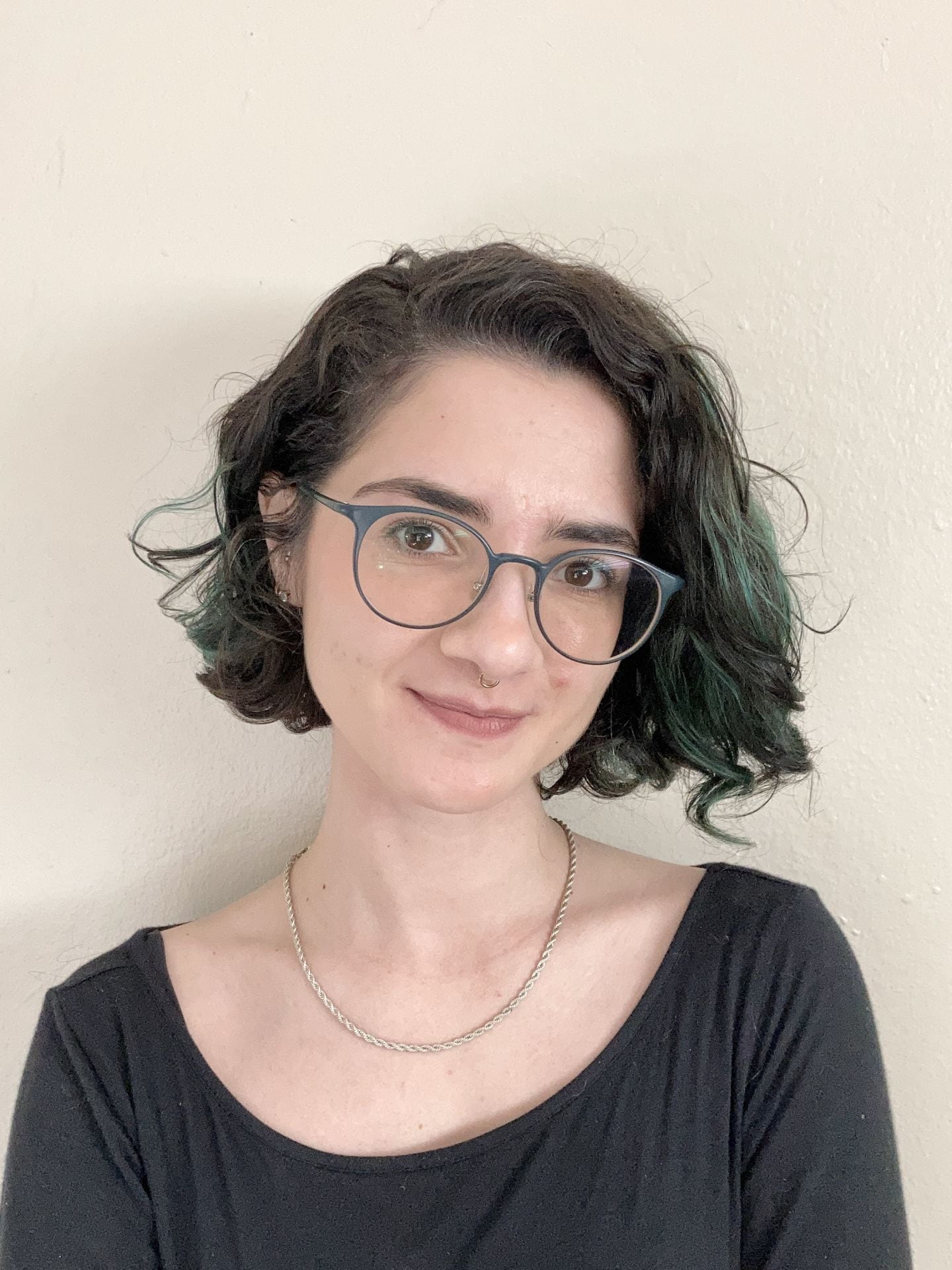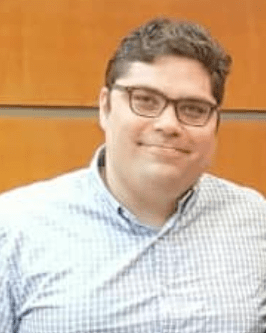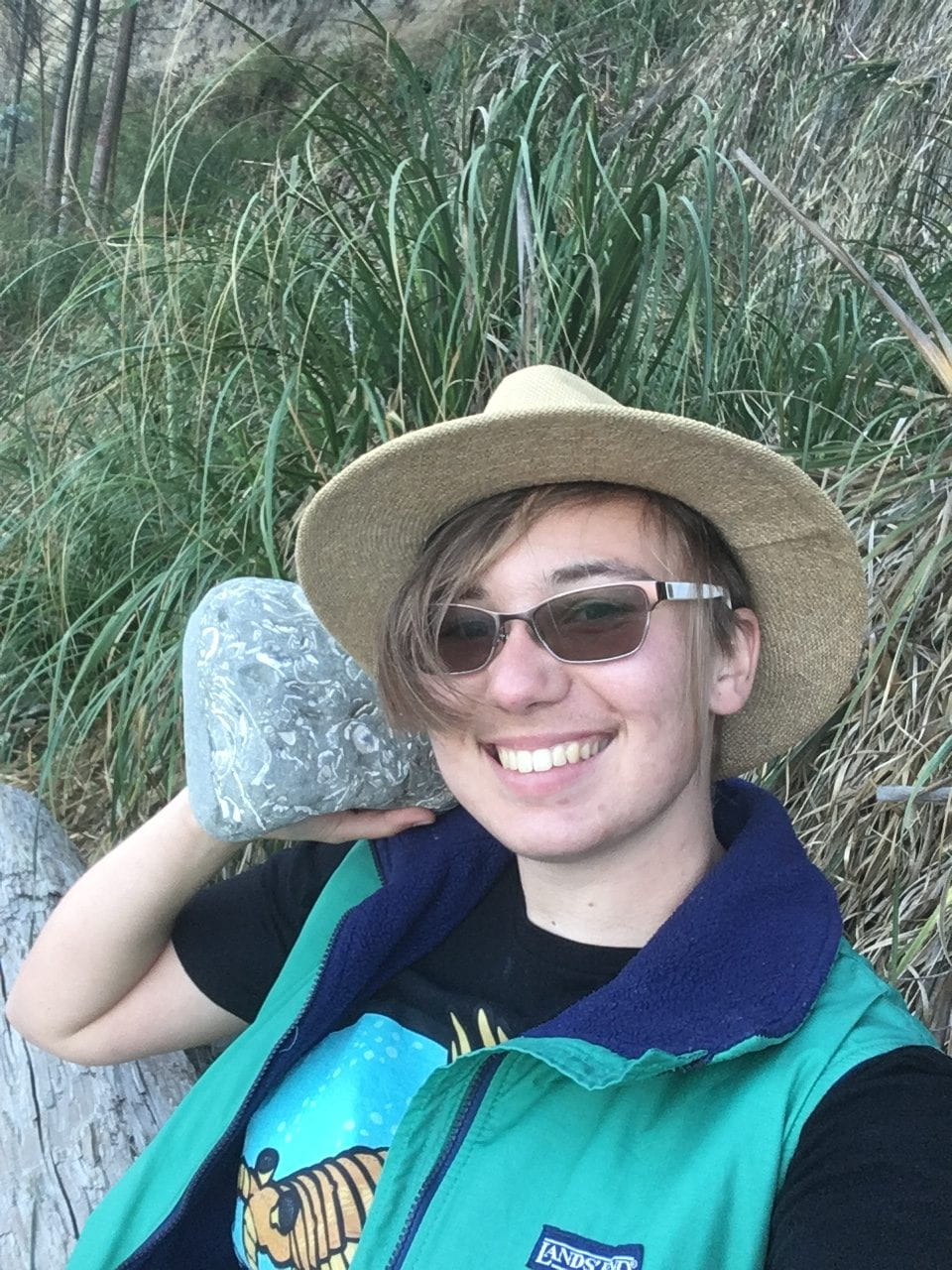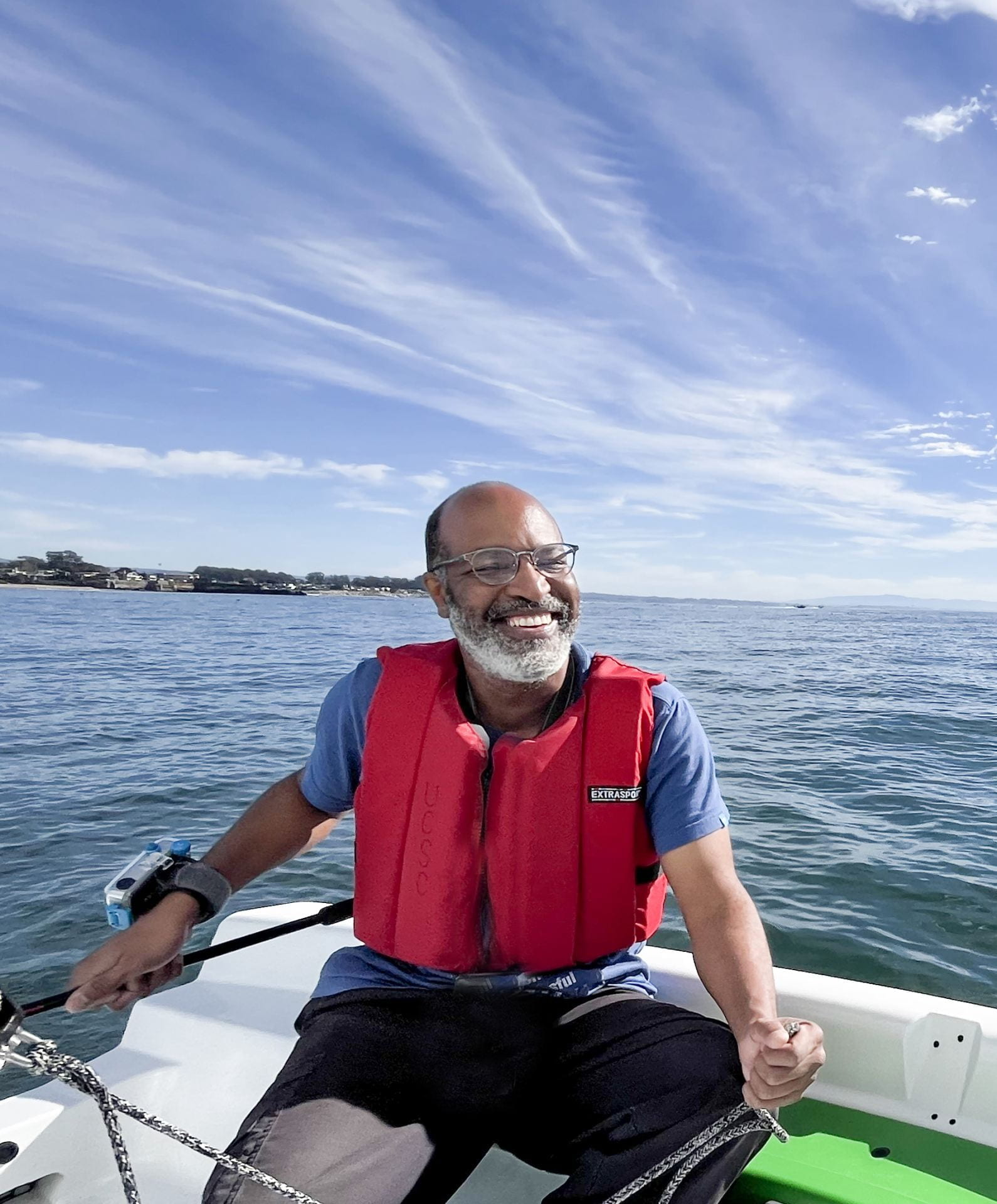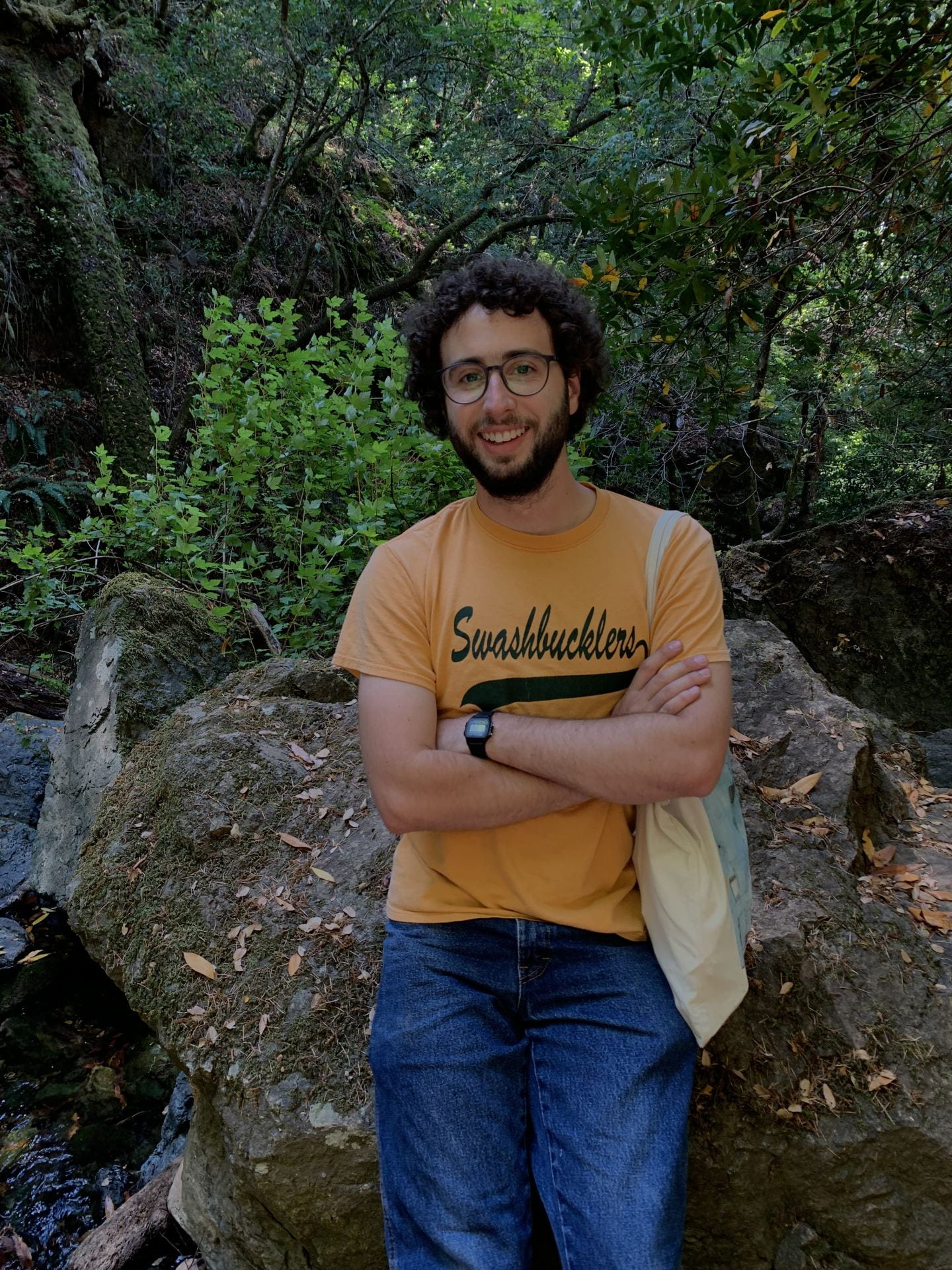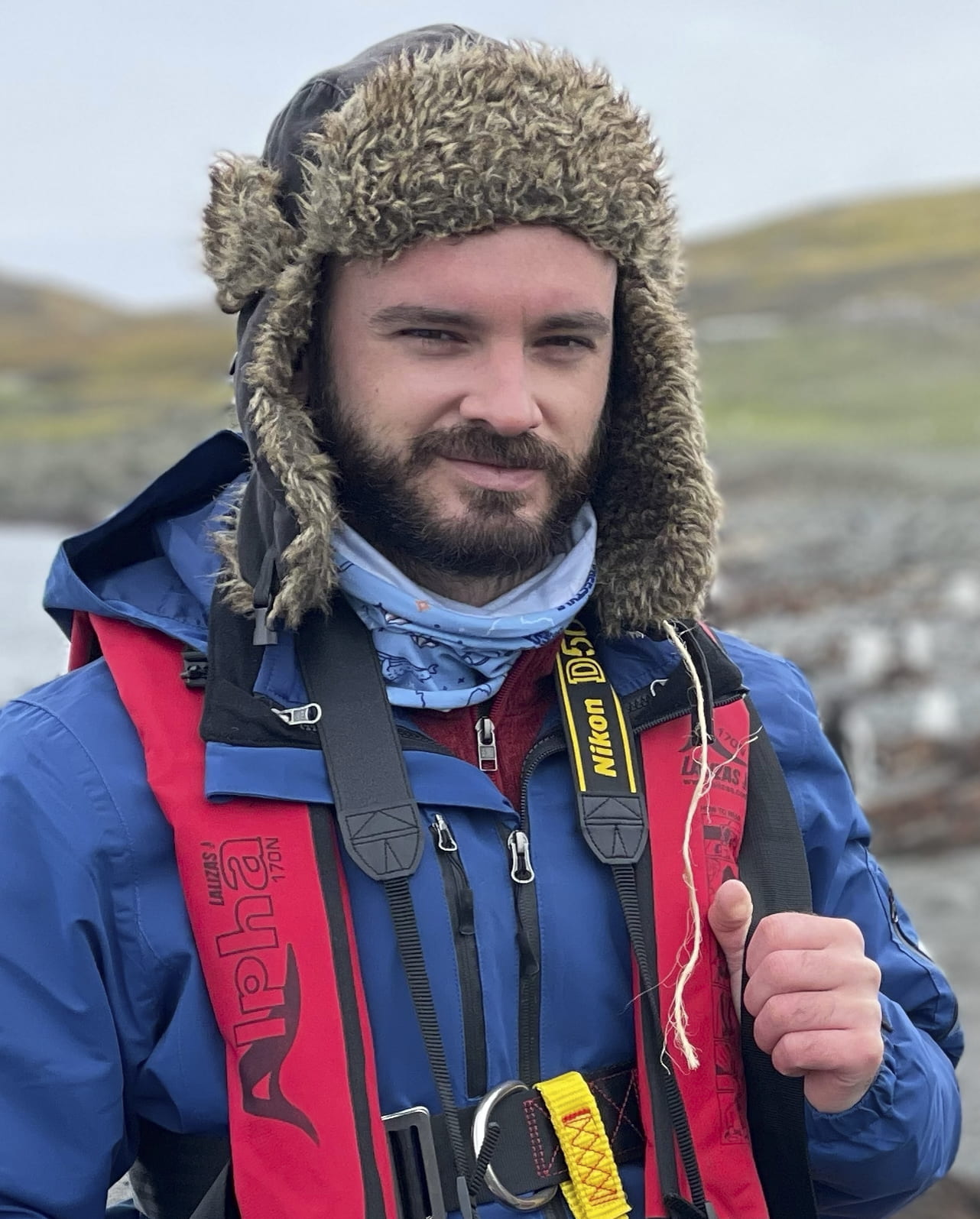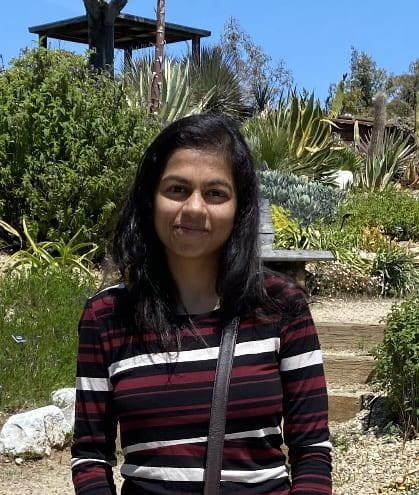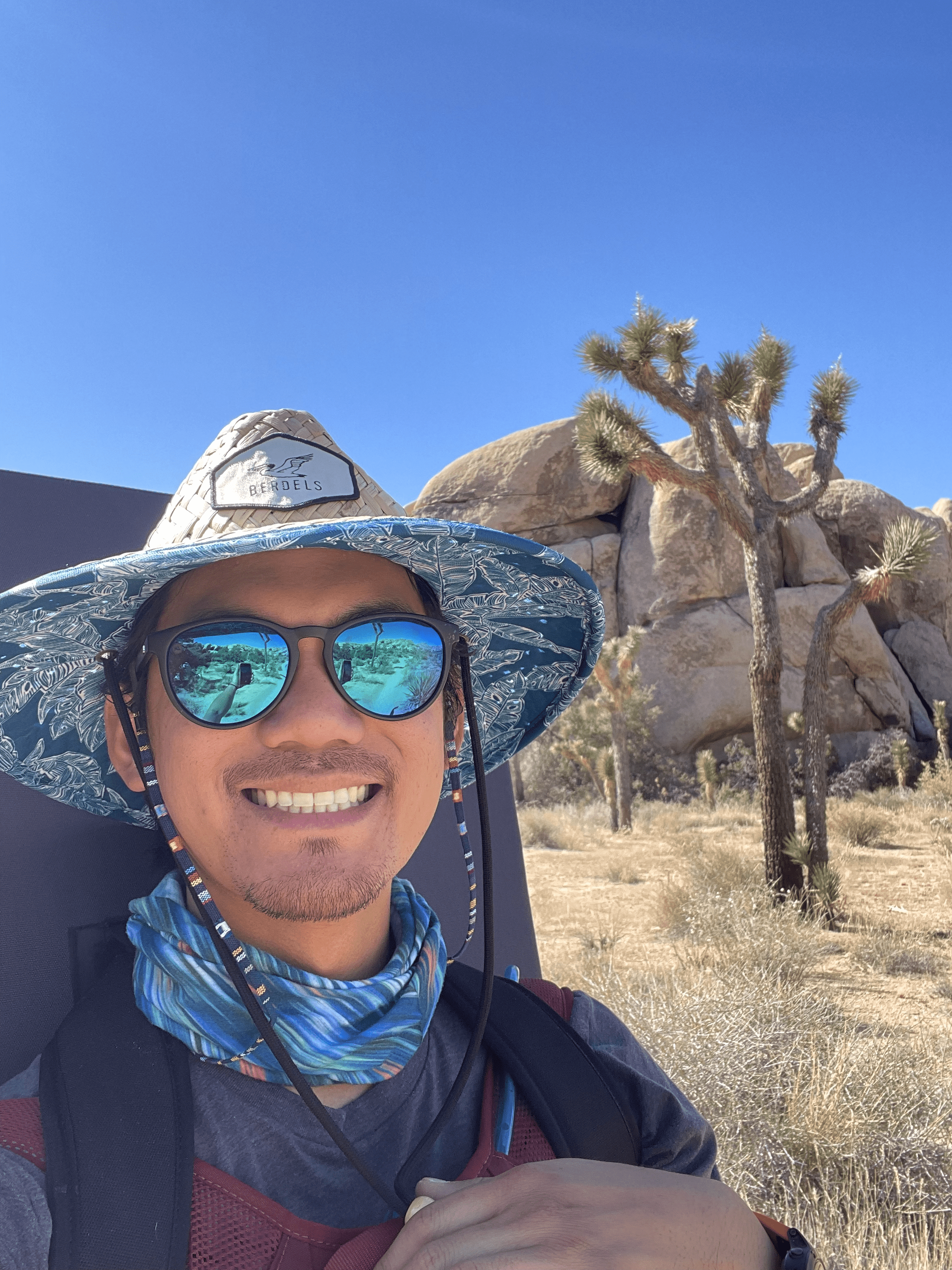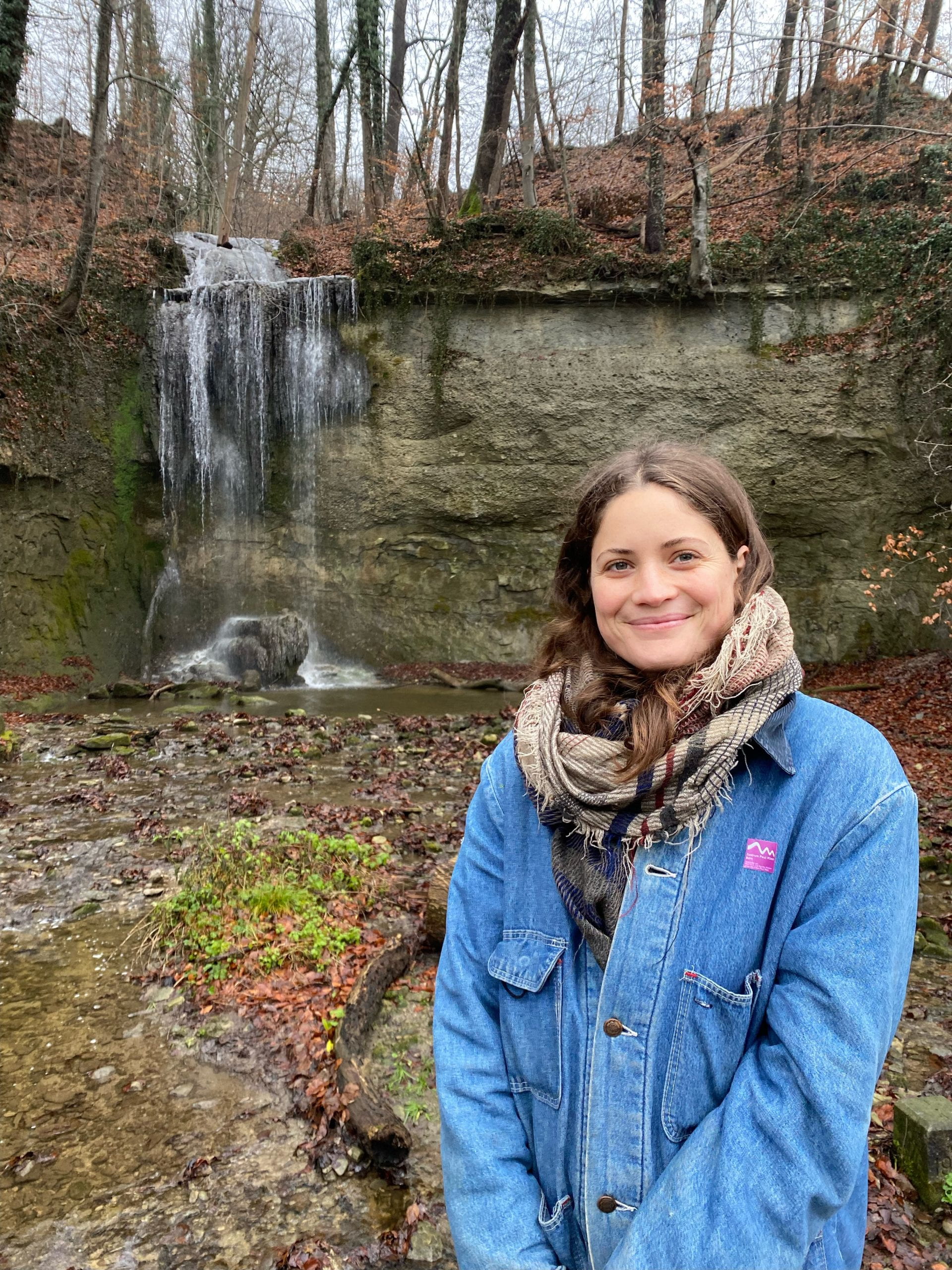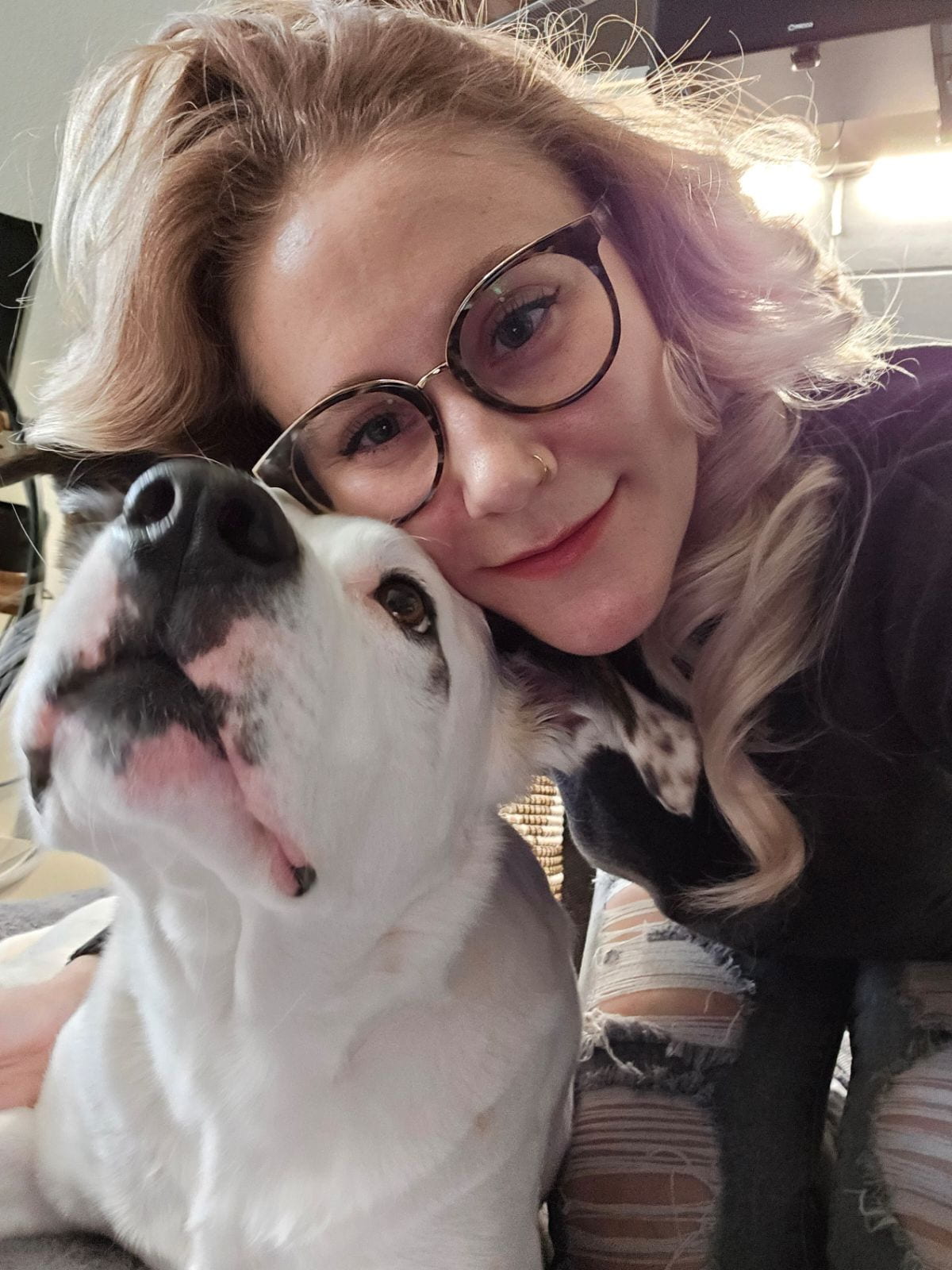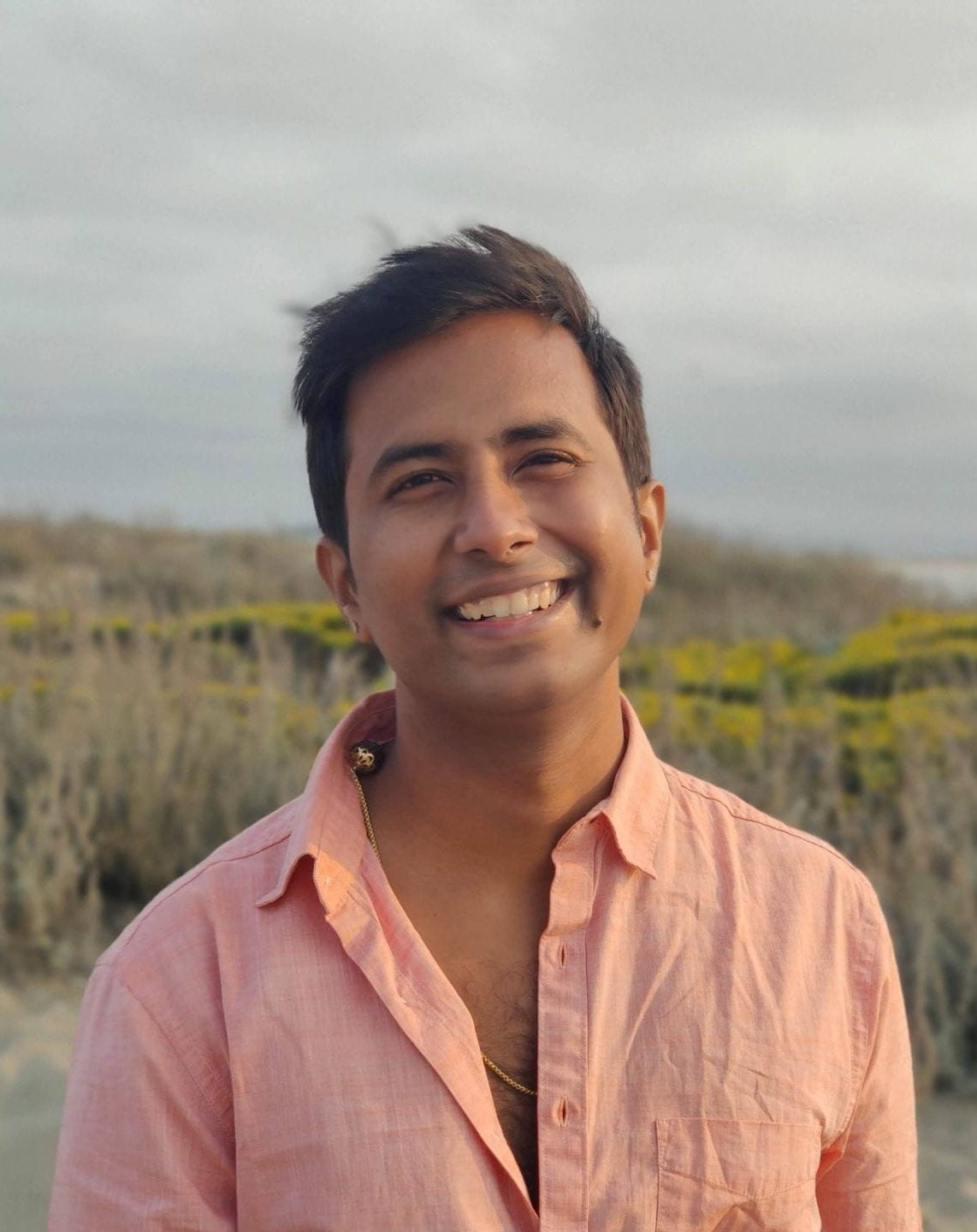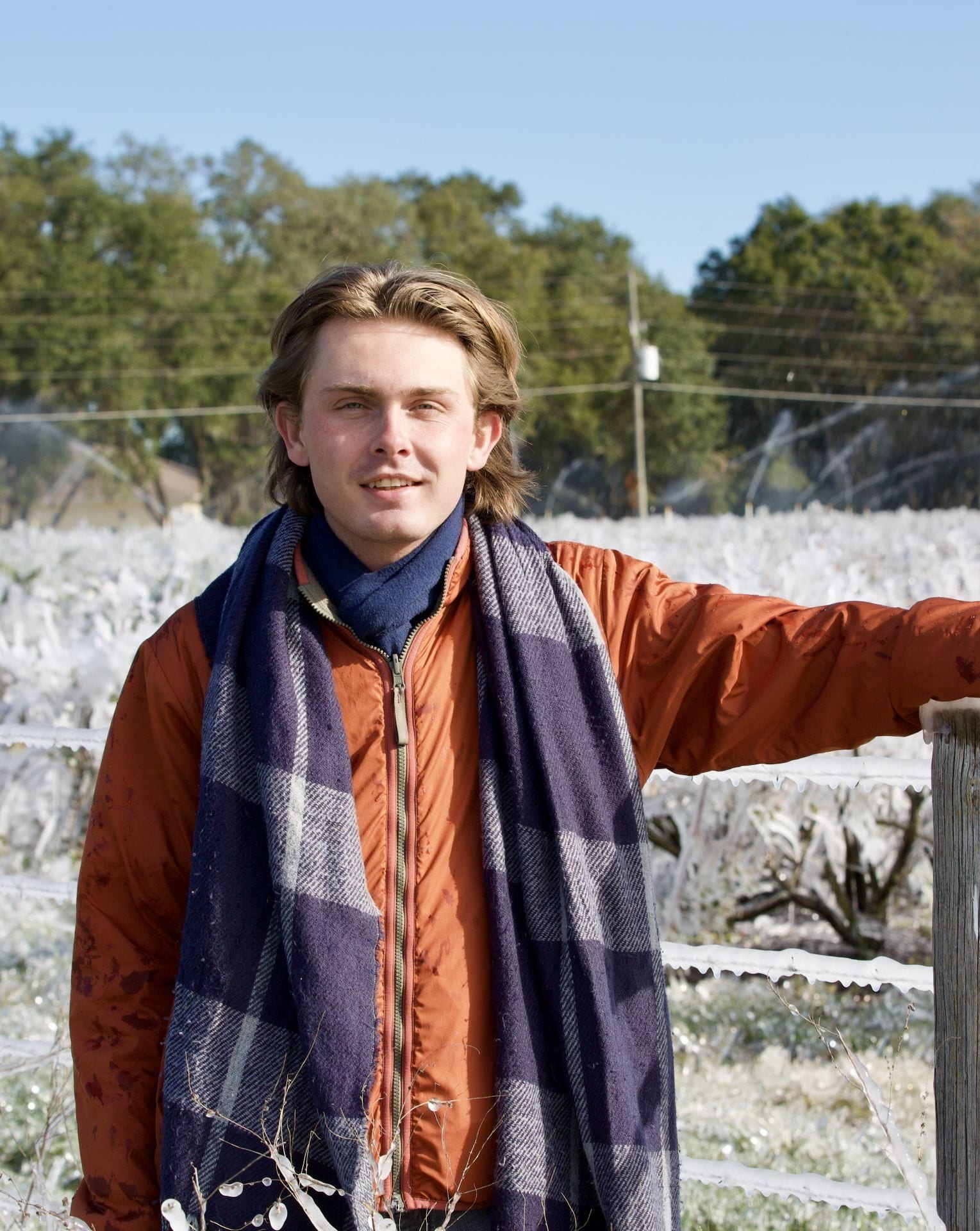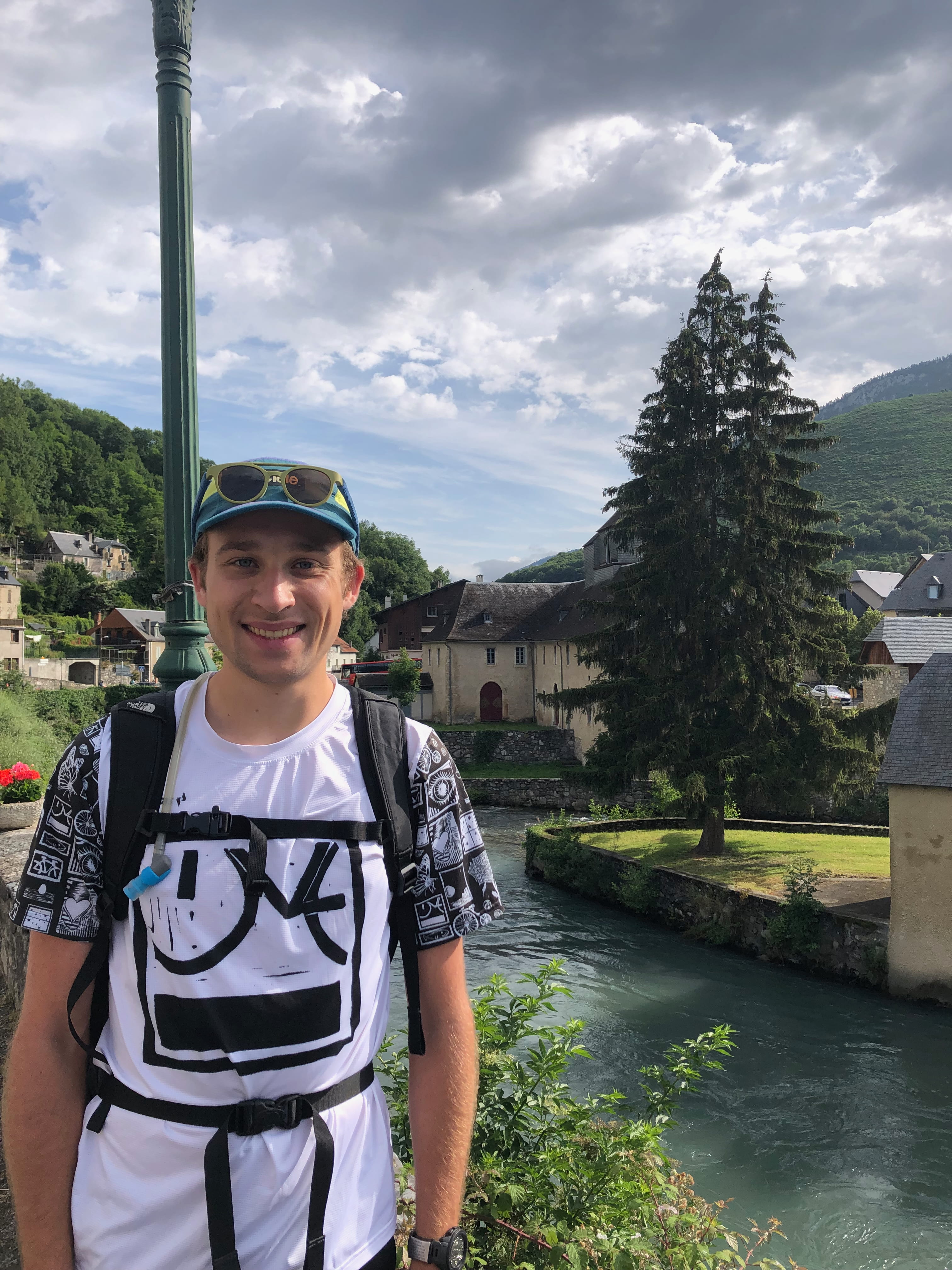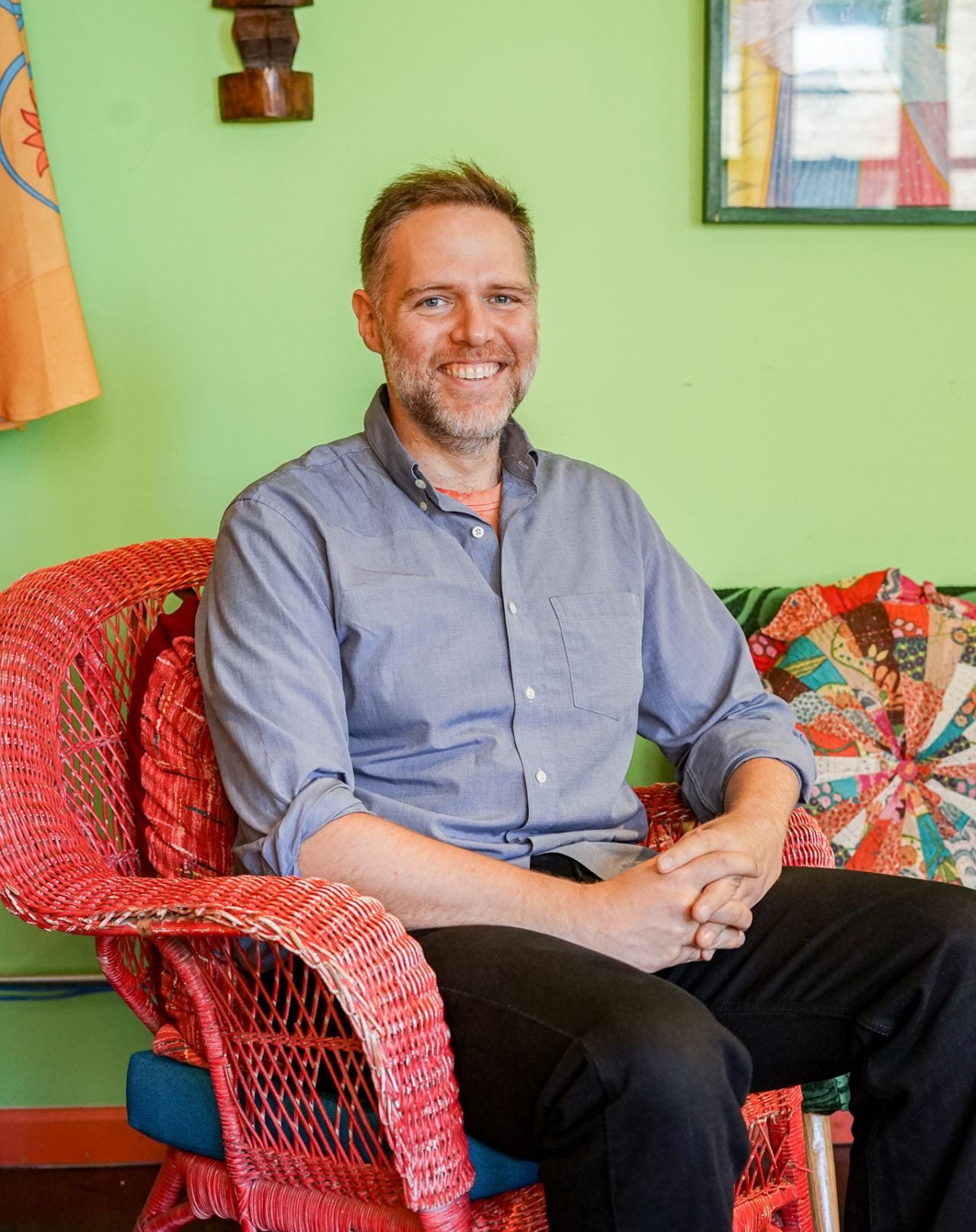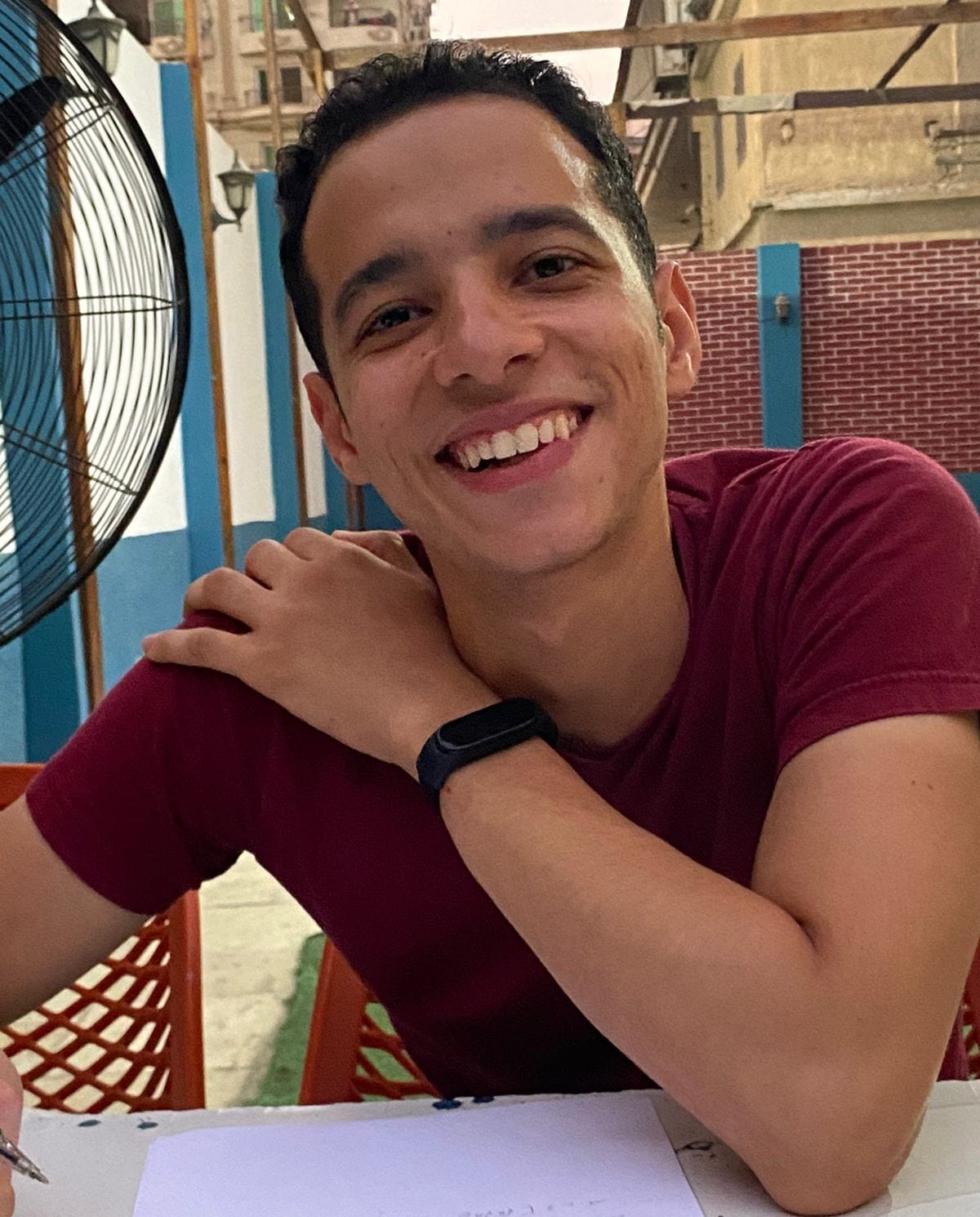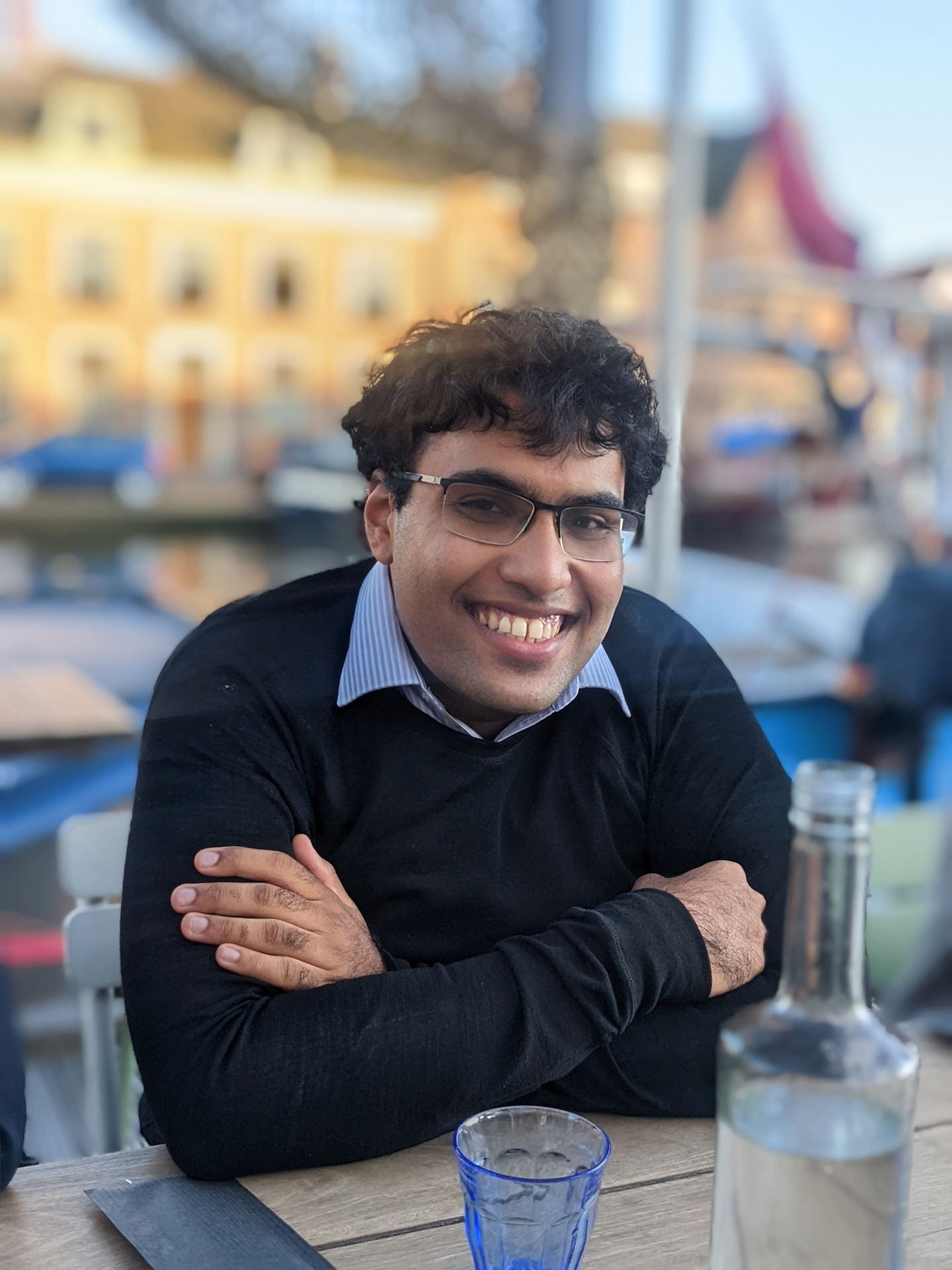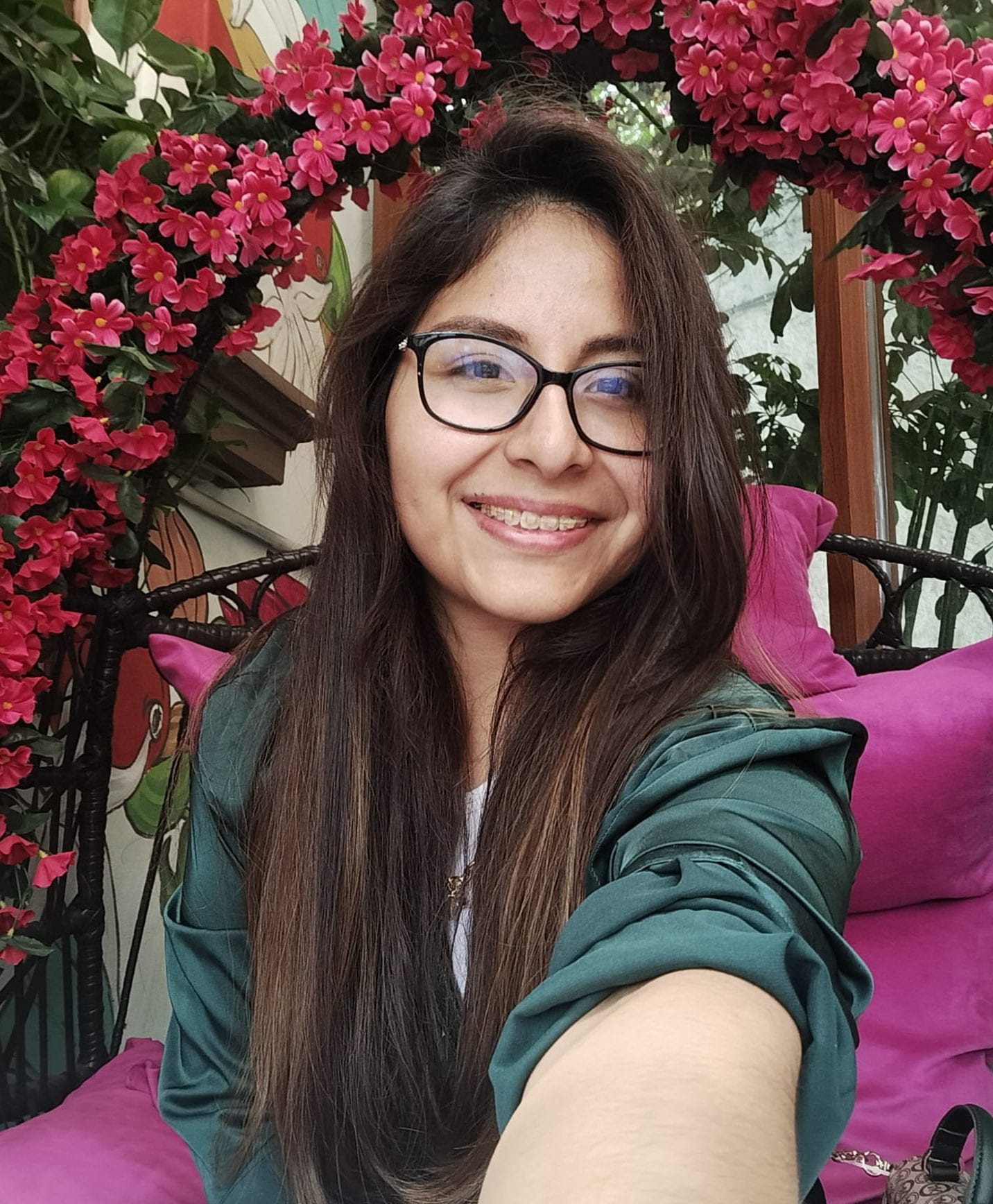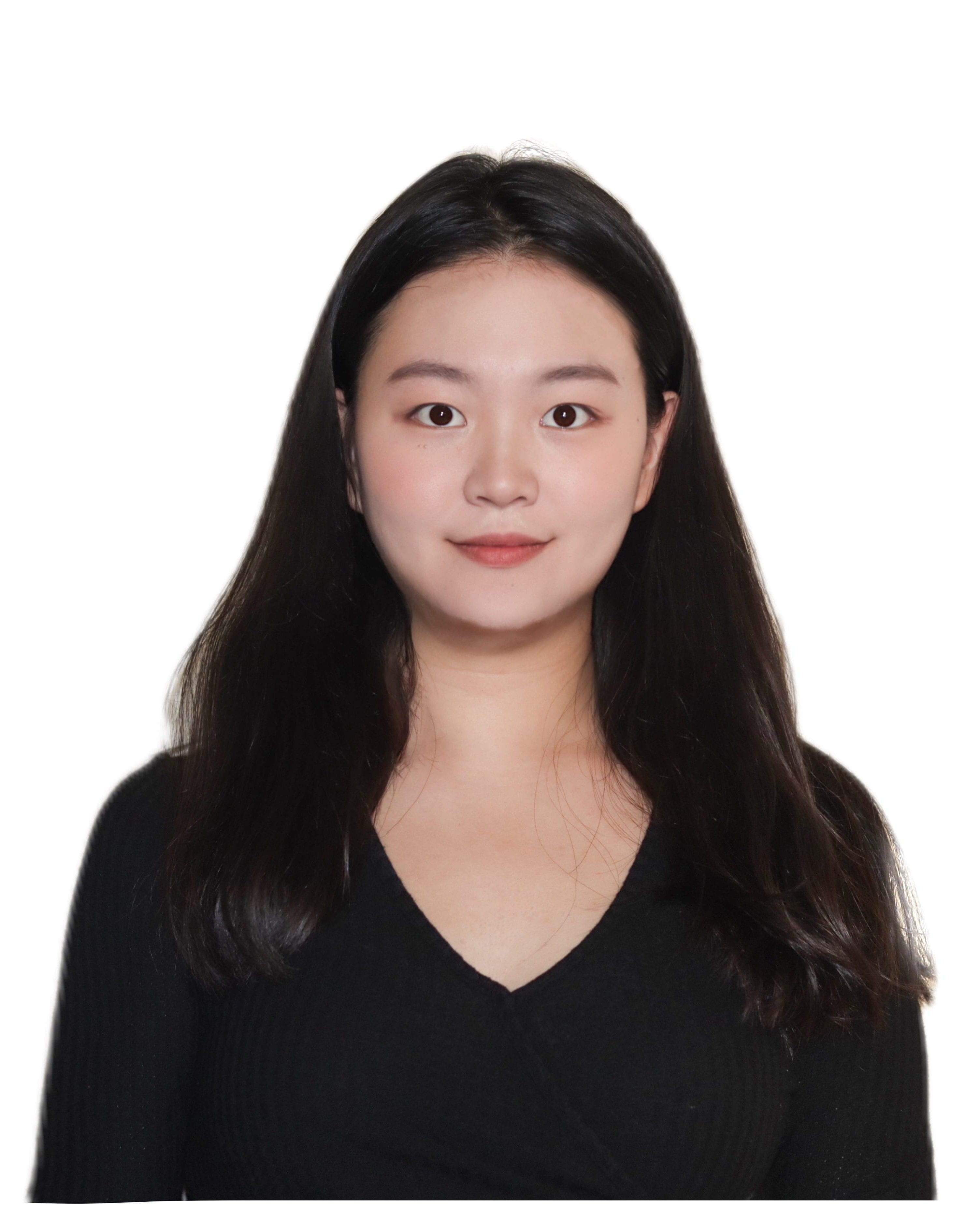
Graduate
Pedagogy
Fellows
About the program
The Graduate Pedagogy Fellows (GPF) program supports the development of peer leaders in research-based higher education pedagogy, and focuses on the significance of the Teaching Assistant (TA) role in supporting equitable outcomes in student learning.
Graduate students who participate in this interdisciplinary program strengthen their knowledge and application of effective and equitable teaching practices, craft an enhanced professional development opportunity for TAs in their departments, and receive a certificate in pedagogical leadership—with the goal of facilitating professional development for graduate student educators in their departments the following academic year. Through this program, TLC seeks to support graduate student professional development and undergraduate student success at UC Santa Cruz by cultivating TA professional developers who are well-versed in effective and equity-minded teaching methods.
To this end, TLC Graduate Pedagogy Fellows are known for:
- Advancing a more equitable culture of teaching and learning on our campus
- Creating more robust resources and support systems for peer graduate student educators in their teaching fields
- Strengthening their own professional development in teaching and mentoring
In Winter quarter, Fellows take a 10-week course with TLC organized around the following research-informed areas:
- Prioritizing equity-minded, antiracist, acessibility-aware pedagogies
- Understanding how learning happens and applying that knowledge to teaching strategies pertinent to the TA role
- Promoting active and collaborative learning
- Assessing student learning in accessible and equitable ways
- Encouraging effective communication among members of a teaching team
- Cultivating peer-to-peer mentorship and community around teaching
In Spring quarter, Fellows collaborate with TLC and their home departments to develop or refine an interactive, discipline-specific pedagogy program for graduate students in their departments. Depending on departmental needs, Fellows may design a pedagogy course, workshop series, or mentorship program. Fellows also prepare to serve as facilitators of the professional development opportunities they create, with the objective of leading those programs in the following academic year. In Spring, Fellows commit to two group workshops and at least two one-on-one meetings with a TLC mentor.
To recognize their leadership, each Fellow receives a $2,000 fellowship from TLC. Upon completion of the program, Fellows also receive a professional development certificate, issued by the TLC, to indicate their leadership in utilizing and promoting effective and equitable teaching strategies in higher-education classrooms.
How to Participate
Each Fall quarter, every department with a graduate program is invited to solicit applications from interested graduate students, and then select one candidate to nominate as their Graduate Pedagogy Fellow by passing along their application materials to TLC. From among the departmental candidates, TLC then selects a cohort of approximately 20 Fellows.
The application season for the 2023-24 cohort of Graduate Pedagogy Fellows is closed, and we are excited to work with our newest cohort (below).
For information about the application process and typical timeline, please check out the 2024 Call for Applications and the 2024 Program Information Sheet.
